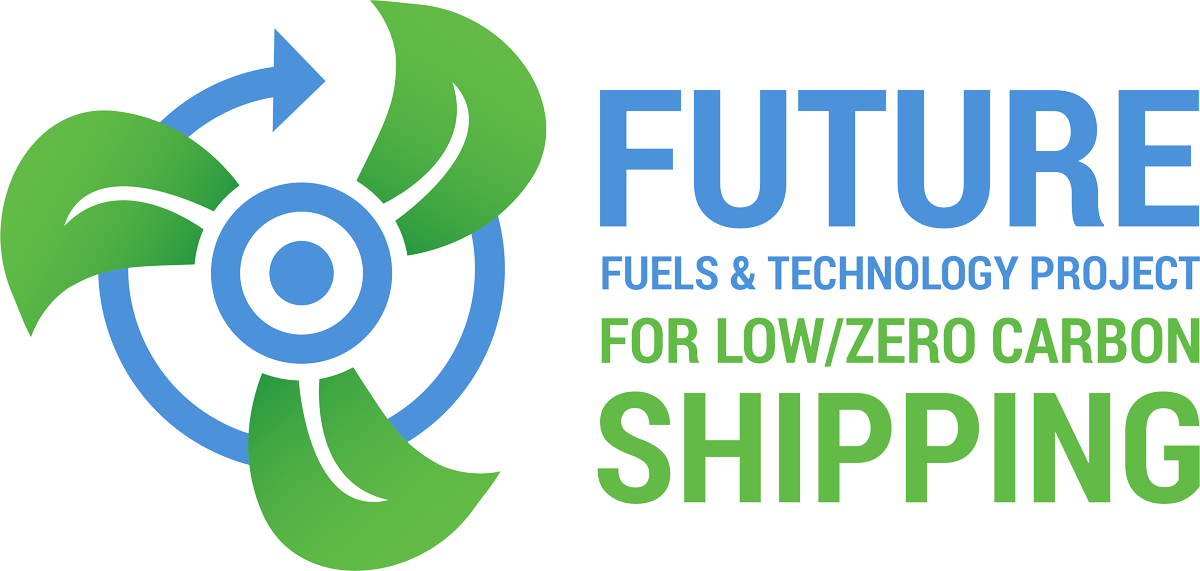To deeply analyze the transition of electrification, infrastructure, and fuel use in the transport sector for the next 30 years, focusing on fossi fuels, electricity, biofuels, hydrogen, and hydrogen-based fuels (e-fuels)
Publication Type: Report
Power-2-Fuel Cost Analysis
To analyze the production, distribution, and storage costs of various e-fuels and the total costs of ownership (TCO) for using these fuels in vehicles and ships
Using bio-diesel onboard vessels
To address key issues in related to biofuels used in ships based on the physical and chemical properties of FAME-based biodiesel oil, this study highlights key factors to consider when using marine biofuels on ships and addresses major issues in international regulations concerning exhaust gases generated from combustion and related verification
Analysis on interaction of CII with GFS: Calibrating IMO energy efficiency and fuels targets
To recommend effective strategies for the shipping sector to achieve the IMO emission reduction targets
Alternative Fuels Insight
To provide insight into the future transition of international shipping to alternative fuels, focusing on achieving net-zero GHG emissions by 2050.
To offer guidance on selecting the appropriate alternative fuels and addressing the technical, economic, and regulatory factors involved in making informed decisions.
CIMAC Guideline ISO 8217:2024-FAQs
To provide answers to FAQs regarding the ISO 8217:2024 marine fuel specifications, focusing on clear and systematic explanations of the key changes in the new standard, and particularly, addressing questions about the inclusion of higher percentages of biofuel in fuels.
Frequently Asked Questions on the application of latest international marine fuel quality standard ISO 8217:2024
To address the FAQs from ship operators regarding the application of the latest international marine fuel quality standard, ISO 8217:2024
To provide insights into the significant changes made in the 7th edition and guide marine fuel buyers in understanding and applying the updated standards
Carbon Accounting for Sustainable Biofuels
To examine the challenges related to the carbon intensity of biofuels and emphasize the importance of transparent and science-based carbon accounting for sustainable biofuels. This report seeks to identify the factors contributing to the variability of lifecycle GHG emissions, particularly land use changes, and provides insights into regulatory frameworks across different regions. The goal is to propose pragmatic and performance-based policies that foster continuous improvement and attract necessary investments, thus ensuring the large-scale deployment of biofuels aligns with climate goals.
Cost of Regulatory Compliance Lower with LNG
To provide information on the impact of alternative fuels choice
Review of maritime transport 2023; Towards a green and just transition
To analyze trends in seaborn trade, global shipping services, freight rates, infrastructures at ports in 2023. etc., and discuss challenges in relation to the transition to decarbonization

